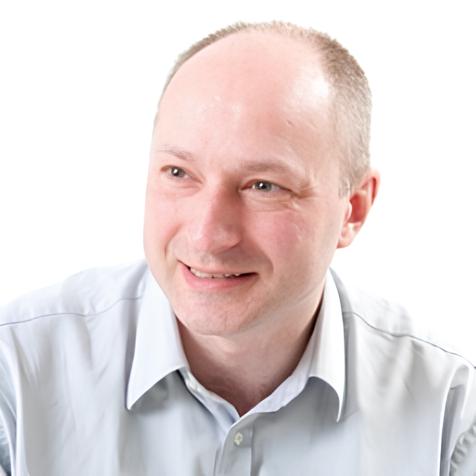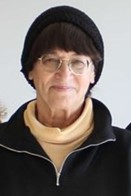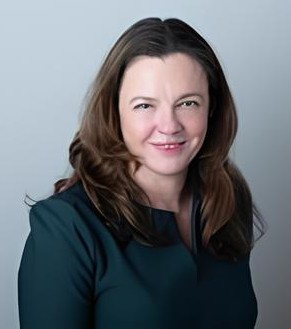April
8th April 2025, 3.30pm – 5.00pm, GMT
Accessibility to Digital Technologies
Chair: Paul Dimitri, NIHR Children & Young People MedTech Co-operative (UK)
EPTRI is delighted to welcome you to our ninth webinar on Accessibility to Digital Technologies. Our 90 minute webinar will focus on the difficulties of the access to digital health technologies and will explore how to overcome these barriers. We will discuss about the ‘Minimum Digital Living Standard’ (MDLS) project and how different cultural backgrounds can influence the access and acceptance of digital technologies. We look forward to seeing you at our next exciting webinar event.
Speakers

Simeon Yates, University of Liverpool, UK

Prof. Patrice L. (Tamar) Weiss, the Helmsley Pediatric & Adolescent Rehabilitation Research Center (PARC) ALYN Children’s Hospital, Jerusalem (Israel)

Michelle Heys, University College London (UCL) (UK)
Prof Heys is a co-founder and PI of Neotree, a digital health initiative aimed at improving newborn care and survival in low-resource settings. Neotree combines data collection, clinical decision support, and education to enhance the quality of care for newborns and strengthen health systems. The platform operates in hospitals across Zimbabwe and Malawi and has the potential to save over half a million babies each year. Additionally, Prof Heys co-leads the CHATA project, which focuses on digital health solutions to improve efficiency and equity of autism assessment. Her work in digital health is driven by a commitment to global equity, ensuring that vulnerable and marginalized populations receive the care they need.
